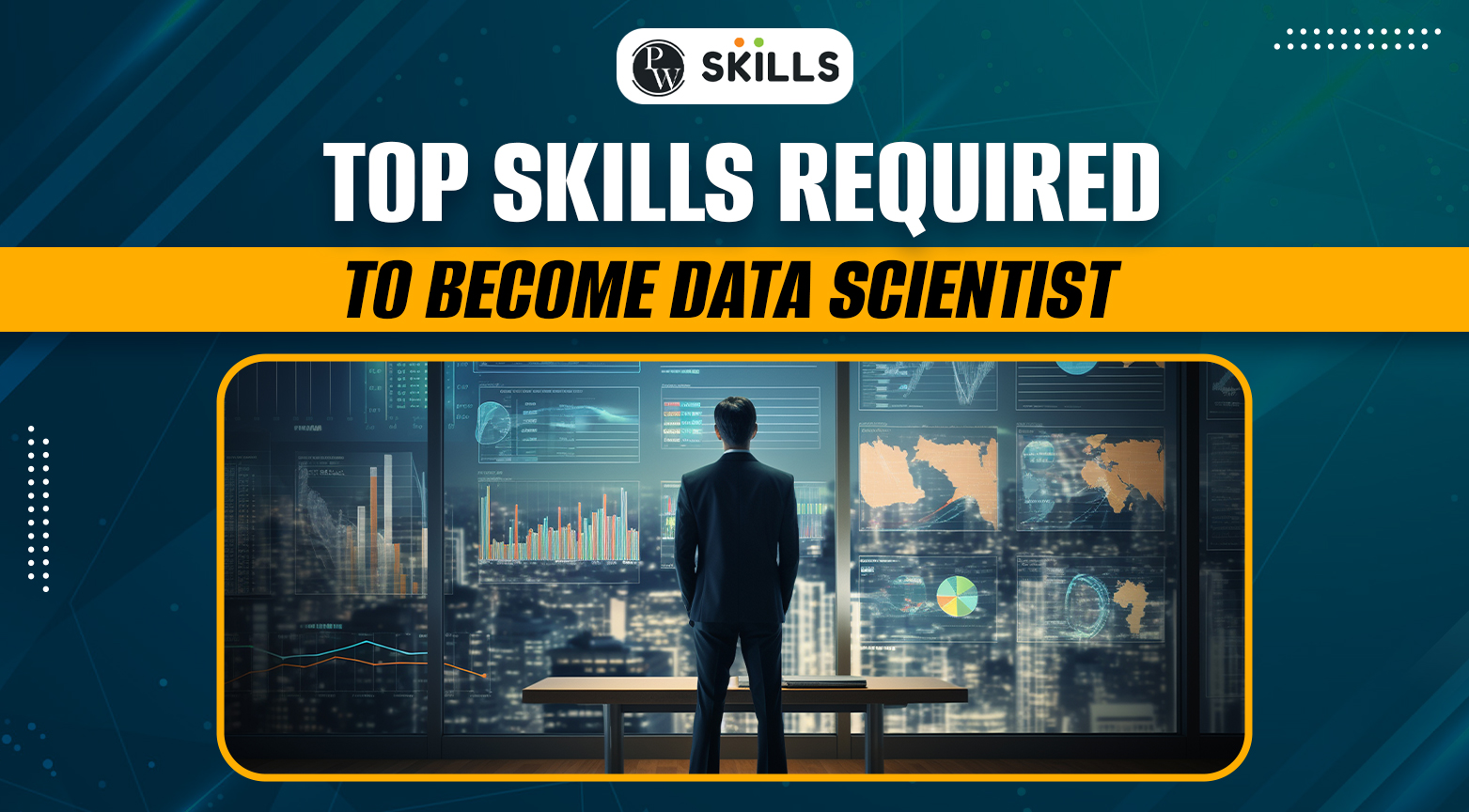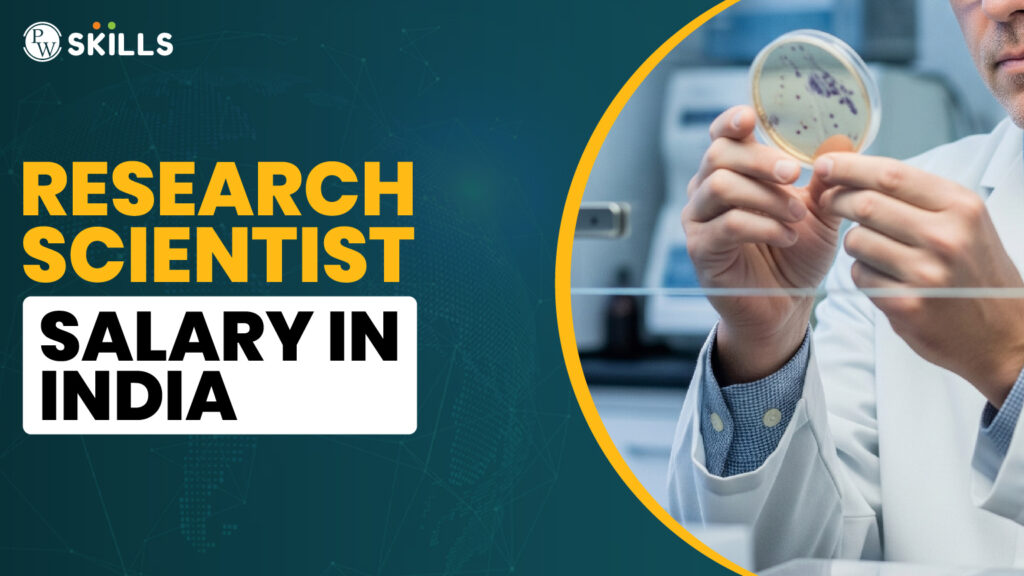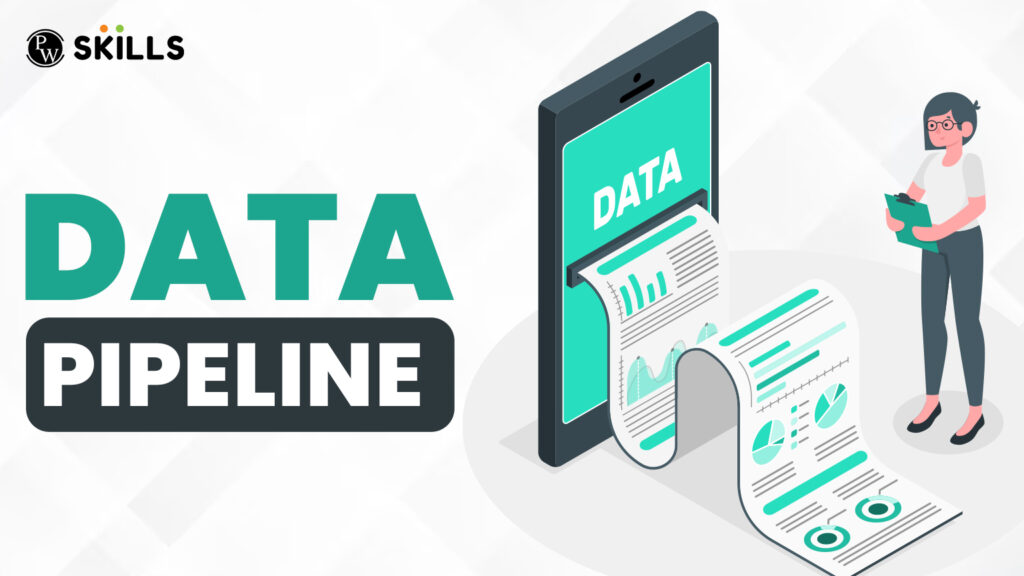This includes those who are not data scientists but are intrigued with data and data science, leading them to wonder what big data abilities are required to seek jobs in data science. Leveraging Big Data as an insight-generating engine has increased enterprise-level demand for data scientists across all industry verticals.
Organizations are increasingly depending on data scientists’ abilities to survive, expand, and stay one step ahead of the competition, whether it is to enhance the product development process, boost customer retention, or mine through data to identify new business prospects. In addition, we will look at the technical and non-technical skills needed by data scientists in this article.
Data Scientist Skills
A data scientist’s work is more complex than other big data roles, hence a professional must have advanced degrees, expertise in data analytics, and a strong computing background. Expertise and experience in the data science abilities listed below will lay a solid basis for a future data scientist. Data Scientists are big data experts with unique skill sets. Having simple technical credentials will not help you win a top job as a data scientist.
Other Data Science course skills necessary for becoming an enterprise data scientist who can give business value include computing ability, communication skills, machine learning, statistics, and so on.
Educational Programs for a Data Scientist
A Master’s degree or a Ph.D. is a formal education program for pursuing a profitable data scientist profession. There are obvious exceptions to requiring a formal degree, since anyone with a solid educational background and in-depth understanding of computer science may become a data scientist.
Mathematics, statistics, computer science, and engineering are the most typical fields of study for a data scientist. Professionals who do not have a computer science background should not be concerned because some educational institutions provide undergraduate data science programs that are equivalent to computer science degrees.
To match the rare hybrid skillset of a data scientist, here is a complete list of the top 10 data science skills to acquire.
Data Science Requires Technical Skills
To be a successful big data scientist, a professional must be proficient in a variety of technologies, notably open-source ones such as R Language, Java, C++, Python Programming, Hadoop, and a solid understanding of numerous NoSQL database systems such as MongoDB, HBase, and CouchDB.
Python and R
Statistics is the core of data science programming, as indicated in our previous post on how to become a data scientist, and therefore it is essential for a professional to build knowledge in Python and R language to become an Enterprise Data Scientist” and not simply a data scientist.
Learning R and Python programming on a real big data systems landscape such as Hadoop, Oracle, or SAP HANA is required so that professionals can build industry use-cases related to Workforce Analytics, Customer Analytics, and Marketing Analytics using various data science techniques such as machine learning, statistical computing, mathematical models, and algorithms.
Hadoop
A data scientist must master Hadoop, a prominent open-source platform for organizing and manipulating massive datasets from different sources since data science involves large-scale data analysis, examining enormous datasets, mining them, and speeding data-driven innovation.
A data scientist should be conversant with Hadoop components such as the Distributed File System (DFS), MapReduce, Pig, Hive, Sqoop, and Flume. Hive and Pig experience is a great selling point for data scientists. Experience with cloud solutions such as Amazon S3 and Hadoop adds to a data scientist’s knowledge set.
NoSQL
A data scientist must be able to deal with unstructured data, which might take the shape of audio feeds, video feeds, social network updates, or biometric data.
Because data science is primarily concerned with analyzing unstructured data, specialist expertise in various NoSQL databases such as MongoDB or HBase is required in order to develop and execute complicated queries on unstructured data.
Machine Learning
A data scientist must be well-versed in data mining, supervised/unsupervised learning, and pattern identification. Machine learning topics that must be learned include Neural Nets, Decision Trees, SVM, and Clustering.
Data Visualization Tools
A data scientist must be capable of expressing data-driven ideas in a visually attractive manner. Data scientists should be able to describe their findings in a way that both technical and non-technical audiences can understand.
Thus, an extensive understanding of data visualization technologies such as Tableau, D3.js, and ggplot assists data scientists in providing clear insight into their data-driven ideas. Recognition of patterns. Machine learning topics that must be learned include Neural Nets, Decision Trees, SVM, and Clustering.
Probability and Statistics
Estimation and prediction are essential components of data science. Probability and statistics are inextricably linked, therefore when probability theory is integrated with other statistical methodologies, a data scientist can
- Look for data irregularities.
- Recognize trends or patterns in data.
- Determine the interdependence of two or more variables.
- Forecast future trends, among other things.
Data Science Requires Non-Technical Skills
3 C’s
A data scientist’s work is heavily influenced by the three C: Curiosity, Common Sense, and Communication Skills. Most organizations are unaware that they have a data-driven problem, but a data scientist\’s curiosity can present chances for generating useful insights from data.
To construct any problem description or hypothesis, a data scientist’s common sense and business domain expertise are essential.
A data scientist communicates with many individuals in an organization to ensure that the solution to a problem is on the correct track. Organizations are looking for data scientists that can communicate the technical results of a data-driven challenge to non-technical teams fluently and concisely.
Innovation
A data scientist does not simply dabble with data. A superb data scientist must be inventive and imaginative in his or her ideas. He/she should be eager to learn more and discover new things through his/her out-of-the-box thinking.
A data scientist\’s ingenuity assists them in determining where data may offer value and provide financial benefits for a business.
Data Intuition
It is not enough to learn technical abilities to become a good big data scientist; a data scientist must also have an intuition regarding data. A skilled data scientist does not just feed all feasible characteristics into a machine learning model and then analyze the results.
Before feeding data into a machine learning model, a big data scientist must first consider if the data makes sense. A big data scientist should consider the following types of questions:
- Based on the data distribution, which machine learning model should they use?
- What does it imply if a data point is missing, and what steps may be taken to address a missing data point?
- Are the features functional, and do they intend to express what they are supposed to?
A competent data scientist must anticipate and adapt to all conceivable events.
Business Expertise
To obtain a deeper knowledge of the challenges that the organization is attempting to address, data scientists must have significant business experience in the sector in which they operate.
A suitable formula for success in the field of data science is a combination of numerous educational programs, technical and non-technical abilities, and years of experience.
With so many talents to learn, it is not simple to acquire a job as a Data Scientist, especially if individuals want to work for top-tier IT firms.
Conclusion
With severe competition and even tougher abilities required for data science mastery, being a Data Scientist is not simple. Beyond Statistics and Math classes, work on hands-on data science projects to bring answers to corporations by solving real-world big data challenges.
If you are eager to work in Data Science and want to obtain practical experience, Physics Wallah can help you get there.
With over 60 completed end-to-end data science and machine learning projects in Python and R, you can create an outstanding data science portfolio and ace your data science interviews. Build quickly and advance in your data scientist career by PW.
Data Scientist FAQs
Is it difficult to become a data scientist?
Data science is a challenging field. There are several reasons for this, the most notable of which is that it necessitates a diverse range of skills and expertise. Math, statistics, and computer science are the foundations of data science. Linear algebra, probability theory, and statistics theory are all part of the math side.
Do data scientists work in IT?
A job as a data scientist is undoubtedly supported by IT. Each IT specialist is a subject matter expert in charge of managing a certain technological area inside their company.
Can a non-IT professional learn data science?
Data Science is only available to those with an IT background. Many individuals accept this persistent falsehood. Although some IT workers aim to develop their analytics abilities, this sector is not limited to those with programming or IT experience.






